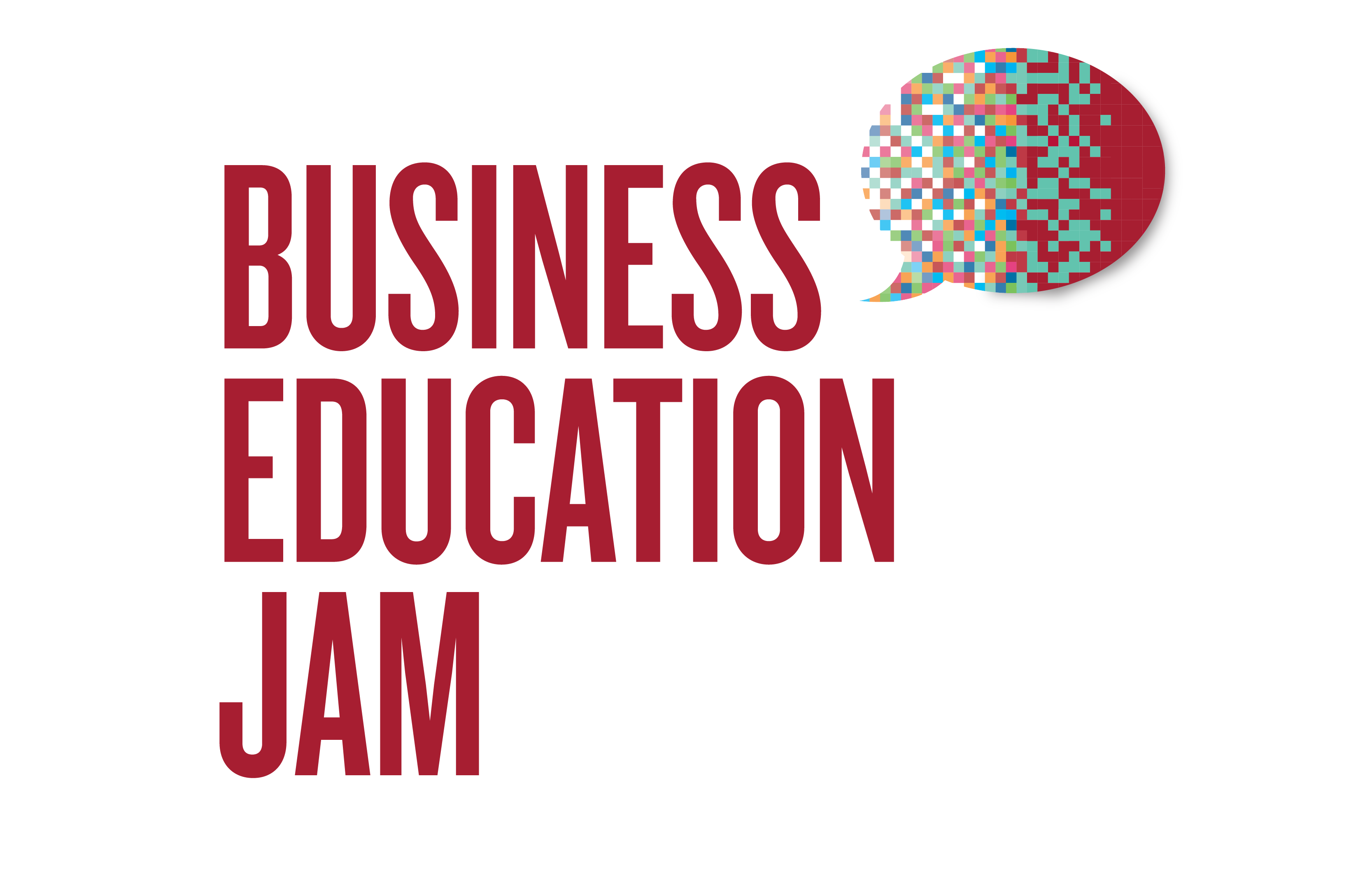David Weil, PhD, Administrator, Wage and Hour Division, United States Department of Labor, Peter and Deborah Wexler Professor of Management, Boston University Questrom School of Business (On Leave)
Wed 10/1, 10:30am – 11:30am EST
Forum: Fostering Ethical Leadership
David Weil was sworn in as the Administrator of the Wage and Hour Division on May 5, 2014. Dr. Weil is an internationally recognized expert in public and labor market policy; regulatory performance; industrial and labor relations; transparency policy; and supply-chain restructuring and its effects.
Prior to this appointment, Dr. Weil has served as professor of economics and Everett W. Lord Distinguished Faculty Scholar at Boston University Questrom School of Business. He also served as co-director of the Transparency Policy Project at the Ash Institute at Harvard’s Kennedy School of Government. He has written three books on labor market policy, including the recently published The Fissured Workplace. He has authored numerous articles and publications in a variety of economics, public policy, management, and industrial relations journals and books, as well as numerous publications in non-academic outlets.
No stranger to the Department’s mission or its work, Dr. Weil has served as an adviser to both the Wage and Hour Division and to the Occupational Safety and Health Administration, as well as to a number of other government agencies. He also has served as mediator and adviser in a range of labor union and labor/management settings across the globe. In addition to his work for the Department, his research has been supported by the National Science Foundation, the National Institutes of Health, the Russell Sage Foundation, the Alfred P. Sloan Foundation, and the National Institute of Occupational Safety and Health, among others.
Dr. Weil received his B.S. at Cornell University and M.A. and Ph.D. in public policy at Harvard University.
